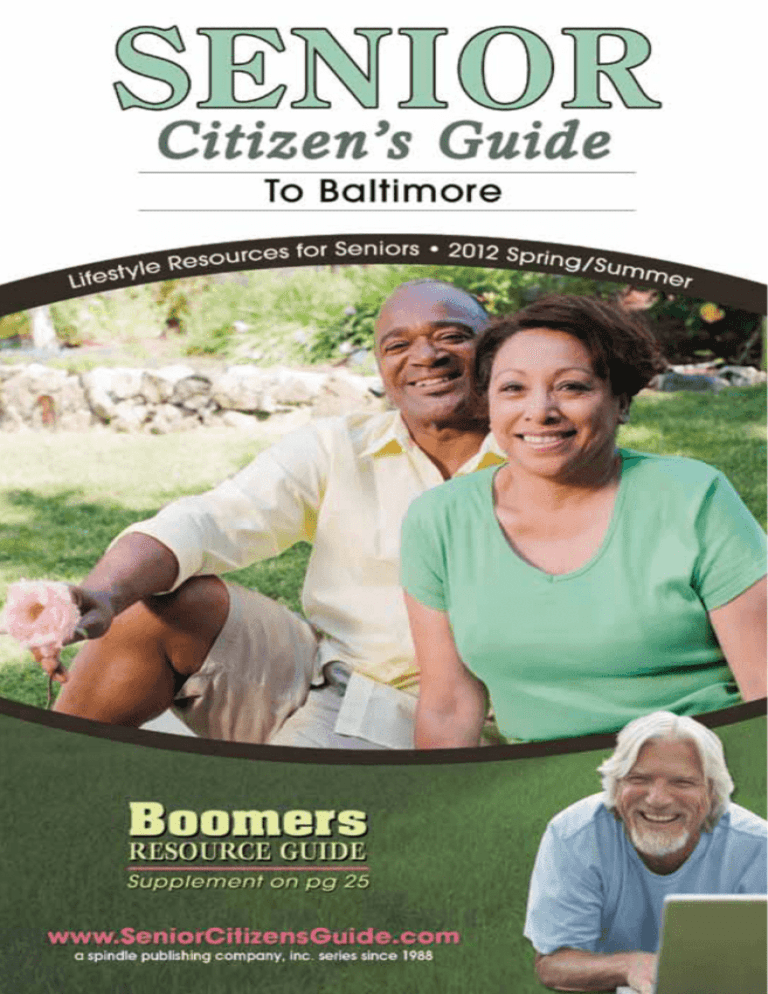Faber's U-Turn: Full Support For Royal Distinctions For Asylum Volunteer Program

Table of Contents
Faber's Previous Opposition to Royal Distinctions
Faber's initial opposition to awarding Royal Distinctions to Asylum Volunteer Program participants stemmed from concerns about several key areas. He voiced strong reservations about the perceived elitism associated with such awards, suggesting they might create an uneven playing field amongst volunteers. He believed the existing system, while imperfect, adequately acknowledged the contributions of volunteers.
- Concerns about the time and resources required for the nomination process: Faber argued that the bureaucratic burden of the nomination process diverted valuable time and resources away from the core mission of supporting asylum seekers.
- Belief that the current system undervalued the contributions of volunteers: He felt that existing methods of acknowledging volunteer work, such as certificates of appreciation and public thank-you events, were sufficient.
- Fear that Royal Distinctions would create an unequal system among volunteers: Faber worried that some volunteers might feel overlooked or undervalued if they didn't receive a Royal Distinction, leading to potential division within the program.
The Catalysts for Faber's Change of Heart
The shift in Faber's position wasn't sudden; rather, it was a culmination of several significant factors that prompted him to reconsider his initial opposition to Royal Distinctions for the Asylum Volunteer Program.
- Increased public pressure and positive media coverage of the Asylum Volunteer Program: A surge in public awareness and overwhelmingly positive media portrayals of the program's impact highlighted the dedication and selflessness of the volunteers. This positive attention seemingly swayed public opinion towards recognizing their contributions more formally.
- Discussions with key stakeholders, including volunteers and program administrators: Direct engagement with volunteers and program administrators revealed the profound motivational impact Royal Distinctions could have on volunteer recruitment and retention. Many volunteers expressed a desire for greater recognition of their efforts.
- Presentation of compelling data highlighting the significant impact of the program: Data demonstrating the program's measurable positive outcomes, particularly on the lives of asylum seekers, strengthened the argument for enhanced recognition of volunteer contributions through Royal Distinctions.
- Recognition of the motivational effect of Royal Distinctions on volunteer recruitment and retention: Faber acknowledged the powerful incentive Royal Distinctions could offer, attracting new volunteers and encouraging existing ones to continue their vital work. The prestige associated with these awards could significantly boost morale and engagement.
The Implications of Faber's Support for the Asylum Volunteer Program
Faber's complete U-turn on the issue of Royal Distinctions for the Asylum Volunteer Program carries far-reaching implications, promising numerous positive outcomes.
- Increased funding for the Asylum Volunteer Program: With heightened public and political support, securing additional funding for the program becomes more likely, ensuring its continued success and expansion.
- Higher profile for the program, attracting more volunteers: The prestige associated with Royal Distinctions will undoubtedly elevate the program's profile, attracting a wider pool of talented and dedicated volunteers.
- Improved morale and recognition for current volunteers: The formal recognition inherent in Royal Distinctions will significantly boost the morale and job satisfaction of current volunteers, reinforcing their sense of value and accomplishment.
- Greater public awareness and support for asylum seekers: By spotlighting the efforts of the Asylum Volunteer Program, Faber's support indirectly enhances public awareness and understanding of the challenges faced by asylum seekers, fostering broader societal support.
Potential Challenges and Criticisms of the Royal Distinction Award Process
While the decision to award Royal Distinctions is largely positive, several potential challenges and criticisms need addressing for a smooth implementation.
- Ensuring equitable distribution of awards across all volunteer contributions: A transparent and fair system must be established to ensure that Royal Distinctions are awarded equitably, recognizing the diverse range of contributions within the program.
- Maintaining the integrity and prestige of the Royal Distinction awards: It is crucial to avoid diluting the value of the Royal Distinction by ensuring stringent criteria for nominations and a rigorous selection process.
- Addressing potential bureaucratic hurdles in the nomination and approval process: Streamlining the nomination and approval process is critical to prevent delays and frustrations that could undermine the positive impact of the awards.
Conclusion
Faber's dramatic U-turn regarding Royal Distinctions signifies a pivotal moment for the Asylum Volunteer Program. His full endorsement, driven by increased public support, compelling data, and discussions with key stakeholders, opens doors to increased funding, enhanced recruitment, and boosted morale. While challenges remain in implementing a fair and efficient award process, the potential benefits for the program and the asylum seekers it serves are undeniable. Faber's support for Royal Distinctions signals a crucial step forward for the Asylum Volunteer Program. Learn more about how you can support this vital initiative and perhaps even be considered for a Royal Distinction by visiting [link to website] and exploring volunteer opportunities.

Featured Posts
-
 Crazy Rich Asians Tv Series Jon M Chus Max Adaptation
May 11, 2025
Crazy Rich Asians Tv Series Jon M Chus Max Adaptation
May 11, 2025 -
 Tam Krwz Ky Nyy Mhbt Emr Se Bra Frq Awr Shayqyn Ke Rdeml
May 11, 2025
Tam Krwz Ky Nyy Mhbt Emr Se Bra Frq Awr Shayqyn Ke Rdeml
May 11, 2025 -
 Henry Cavills Departure From The Witcher Exploring The Reasons
May 11, 2025
Henry Cavills Departure From The Witcher Exploring The Reasons
May 11, 2025 -
 New York Knicks Thibodeau Demands More Resolve After Crushing Defeat
May 11, 2025
New York Knicks Thibodeau Demands More Resolve After Crushing Defeat
May 11, 2025 -
 Senior Citizens Guide Calendar Of Trips And Events
May 11, 2025
Senior Citizens Guide Calendar Of Trips And Events
May 11, 2025
